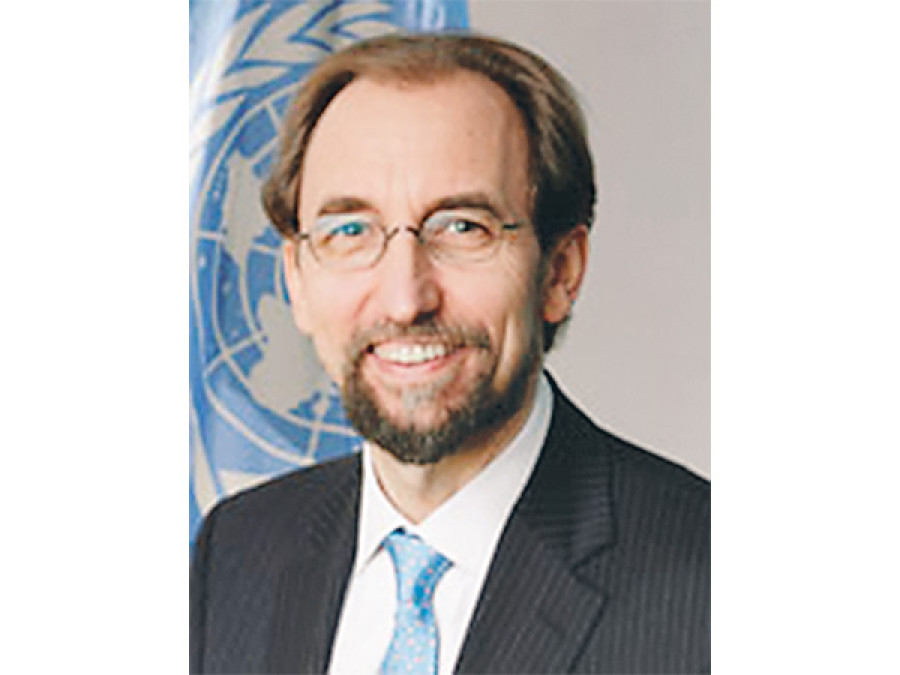Valley
OHCHR hails SC verdict on TRC amnesty provision
UN High Commissioner for Human Rights Zeid Ra’ad Al Hussein on Thursday welcomed the Supreme Court’s decision to strike down a clause giving the TRC and CED the power to recommend amnesty
“We have studied the ruling and heartily commend the Supreme Court for upholding international standards relating to accountability for gross violations of international human rights law and serious violations of international humanitarian law,” Zeid said in a statement.
The Supreme Court on February 26 had annulled the amnesty provision of the transitional justice Act, saying that it is against the established principles of justice, constitutional provision, international law and the court’s earlier verdicts.
Responding to the appeal filed by 234 conflict victims in June 2014, the SC issued the verdict, curtailing the discretionary powers of the TRC and the CED to grant amnesty, and ending fears that perpetrators would get acquitted without trial. Earlier, the commissions could recommend amnesty to perpetrators if deemed reasonable for it, except in cases of rape and grave rights violations. On less serious crimes where amnesty is permissible, the court made it mandatory to take consent of the victims.
The decision has barred the commissions from initiating reconciliation on their own without victims’ consent.
Over a year ago, on January 2, 2014, the Supreme Court had already stated that there could be no amnesties for serious human rights violations. Despite that ruling, the Act promulgated in May 2014 still included provisions that
could have allowed the two commissions to recommend amnesty for serious human rights violations.
“I welcome the government’s prior commitment to abide by the Supreme Court’s decision and I trust this will now be given effect,” Zeid said, noting that at least 14,000 people were killed during the conflict and another 1,300 are still missing.
In its latest ruling, the Supreme Court also stated that the commissions must not facilitate reconciliation between perpetrators and victims without the voluntary and informed consent of the victim. “It is essential that the commissions adopt this victim-centred approach, as many victims have felt completely excluded from the process so far,” High Commissioner Zeid said. He noted that a wide range of victims’ groups have recently united to form the Conflict Victims Common Platform on Transitional Justice.
Numerous conflict-related criminal cases remain pending before the courts of Nepal. According to the OHCHR statement, only two such cases have led to prosecution, while all the others remained stalled pending the establishment of the commissions. The Supreme Court has now ruled that these cases should be heard directly by the country’s courts. “The Supreme Court has made it clear that truth-seeking processes cannot supplant the criminal justice process. I hope these outstanding cases can now proceed promptly,” Zeid stated.
The High Commissioner noted that a number of other issues needed to be prioritised for the transitional justice agenda to be fulfilled.




 22.12°C Kathmandu
22.12°C Kathmandu











